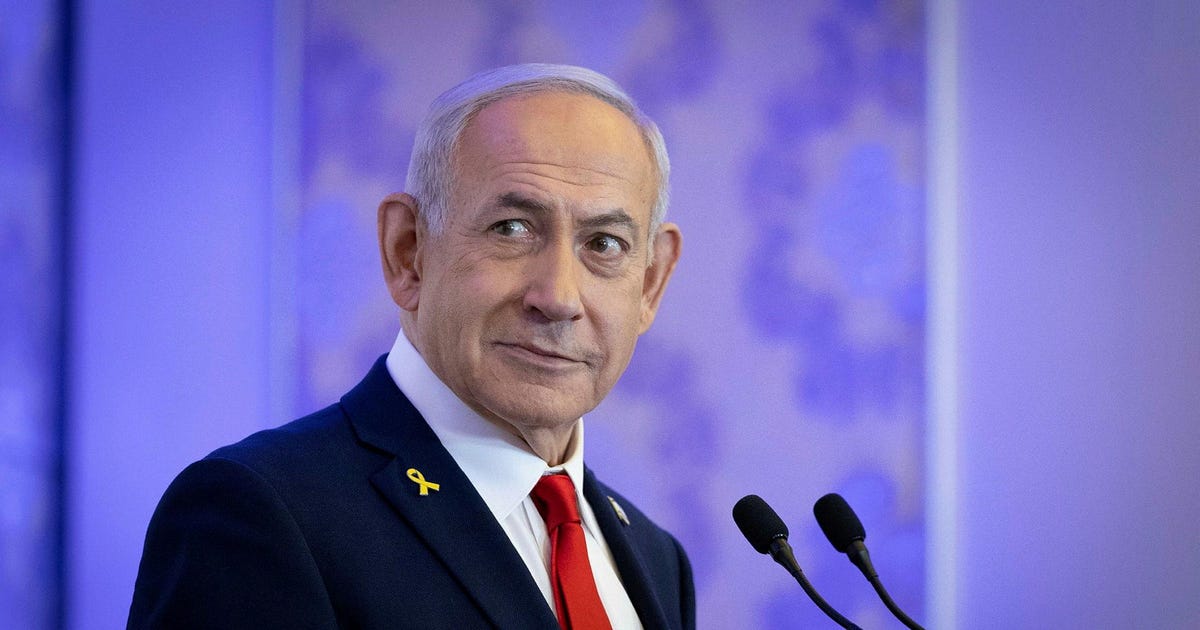As the IDF plans to conquer the Gaza Strip, countries announced they will recognize Palestine, or what remains of it. Still, in the Israel of Netanyahu and Smotrich – occupation remains at the center of the political discourse
Why it matters
- The Israeli Defense Forces (IDF) are intensifying plans to assert control over the Gaza Strip, signaling a significant escalation in the ongoing conflict.
- As the military actions unfold, a growing number of nations are publicly committing to recognizing Palestine, highlighting a shift in international diplomacy regarding the region.
- The political landscape in Israel, dominated by leaders like Netanyahu and Smotrich, continues to prioritize military occupation, impacting prospects for peace and stability.
In a rapidly evolving geopolitical landscape, Israel's military strategy towards Gaza is drawing widespread international attention. As the Israeli Defense Forces (IDF) gear up for a potential campaign to reclaim the Gaza Strip, several countries have announced their intention to recognize Palestine, or what remains of it. This development reflects a significant shift in diplomatic relations and raises questions about the future of Israeli-Palestinian relations.
The IDF's plans, which have been framed within the context of national security, are seen by many observers as a continuation of Israel's longstanding policy of occupation. Prime Minister Benjamin Netanyahu and Finance Minister Bezalel Smotrich, both of whom have expressed hawkish views regarding military engagements, are at the forefront of this political discourse. Their administration's focus on military solutions rather than diplomatic negotiations is raising alarms among peace advocates.
The decision by multiple nations to recognize Palestine at this juncture is noteworthy. It signifies a growing discontent with Israel's approach to the Palestinian territories and highlights an increasing willingness on the part of the international community to support Palestinian statehood, even amidst ongoing conflict. This recognition comes at a time when humanitarian crises in Gaza are exacerbated by military actions, leading to mounting civilian casualties and suffering.
The implications of this shift are profound. While Israel may view military action as a means to secure its borders and deter threats, the international backlash could isolate the country further on the global stage. Countries that have voiced their support for Palestine are likely to reconsider their diplomatic and economic relations with Israel, potentially leading to sanctions or increased calls for accountability regarding human rights violations.
Moreover, the recognition of Palestine by various nations may encourage Palestinian authorities to pursue a more assertive stance in diplomatic negotiations. With international backing, Palestinian leaders could amplify their calls for statehood and sovereignty, shifting the dynamics of peace talks and negotiations that have historically been skewed against them.
The political atmosphere in Israel remains tense, with Netanyahu and Smotrich's coalition government grappling with rising domestic and international pressures. The focus on military engagement as a primary strategy is indicative of a broader ideological commitment to maintaining territorial control, which could have long-lasting ramifications for peace in the region.
As Israel escalates its military operations, the global community watches closely. The potential for an expanded conflict raises concerns about stability not only in Gaza but also in the broader Middle East. Analysts warn that failure to address the underlying issues of occupation and disenfranchisement could lead to further violence and unrest.
The recognition of Palestine by various countries serves as a reminder that the quest for a peaceful resolution is far from over. It underscores the necessity for renewed dialogue and a commitment to finding a solution that acknowledges the rights and aspirations of both Israelis and Palestinians.
In conclusion, as the situation in Gaza intensifies, the responses from both the Israeli government and the international community will be pivotal in shaping the future of the region. The ongoing conflict, marked by military actions and shifting international allegiances, continues to be a focal point of global attention, with profound implications for peace and security in the Middle East.











